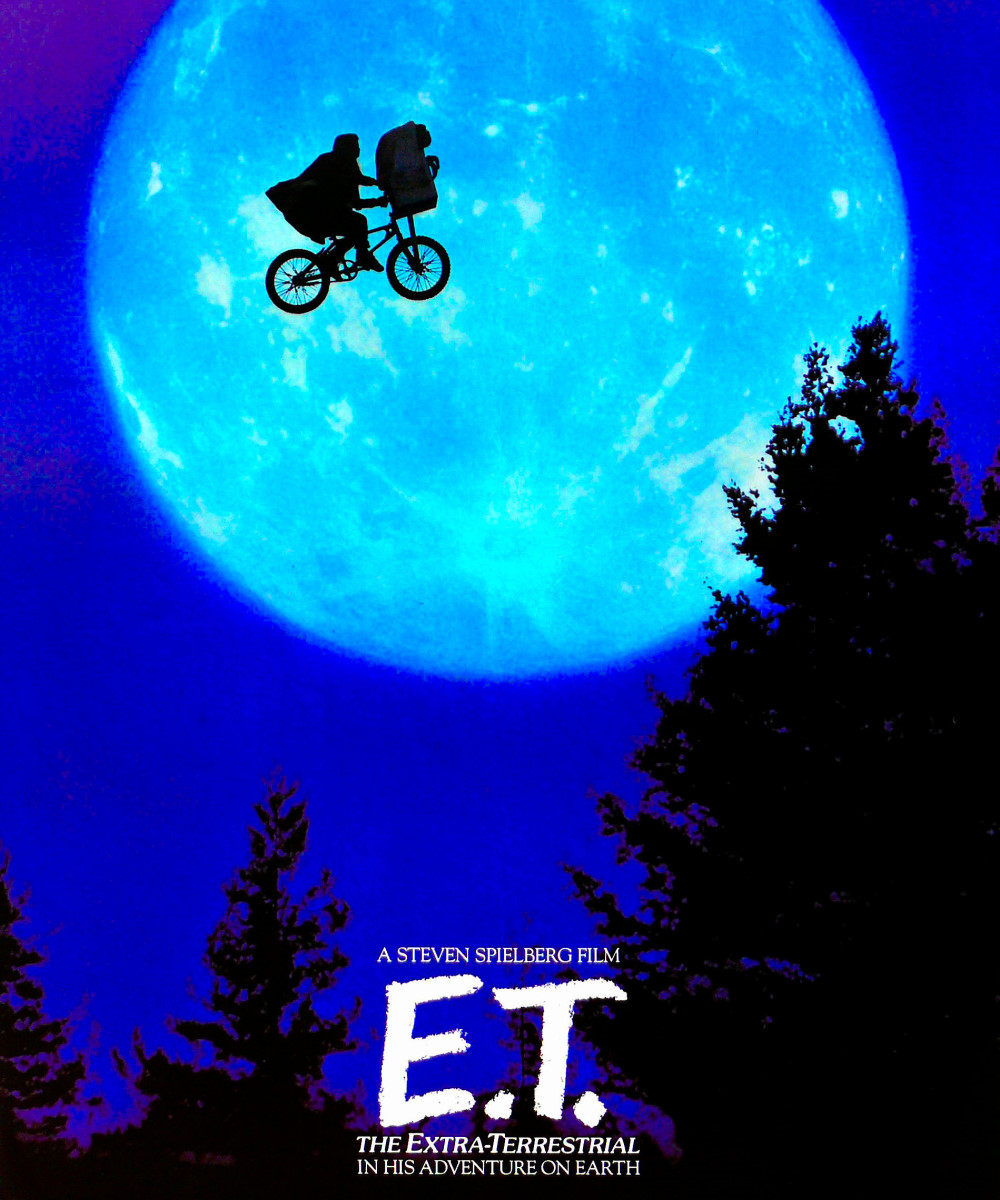 Starring: Adam Driver, Giancarlo Esposito and Nathalie Emmanuel
Starring: Adam Driver, Giancarlo Esposito and Nathalie Emmanuel
Directed by: Francis Ford Coppola
Rated: R
Running Time: 138 minutes
Lionsgate Films
Our Score: 2.5 out of 5 Stars
“Megalopolis” is a difficult film to summarize. It’s Writer/Director Francis Ford Coppola’s 40-years in the making magnum opus that’s equal parts Shakespearian, dystopian, utopian, unintentional comedy, self serious, overacted, haphazard, silly, and about a dozen other adjectives. If at one point you’re disgusted, bored, or chuckling to yourself, give it a few minutes and it’ll elicit another emotion. This is the kind of film that will draw, and has drawn, criticism for being over bloated, confusing and ultimately a flop. Others will find it to be a prophetic stroke of genius that will take years, if not decades to be appreciated. For me, it was an enjoyable, sometimes overwrought, experience that finds unique ways to entertain while finding baffling ways to tell a story.
“Megalopolis” takes place in New York City, I’m sorry, New Rome. The city represents the U.S., er, I’m sorry, ancient Rome. Basically New York City/the U.S. is ancient Rome. That is a nauseating metaphor that the movie uses constantly, and you can use it if you’re ever wondering what the hell is going on. As for what exactly is going on, Cesar Catilina (Adam Driver) is an architect and nephew to Hamilton Crassus III (Jon Voight), the billionaire, if not trillionaire, representation of capitalism in New Rome. Everything revolves around Crasuss’ money. Not only does Catilina rely on it, but so does Clodio Pulcher (Shia LaBeouf), Crassus’ anarchist nephew with political aspirations, TV news reporter Wow Platinum (Aubrey Plaza) whose face appears in the dictionary next to the term “gold digger,” and Mayor Franklyn Cicero (Giancarlo Esposito). Mayor Cicero recognizes the power the dollar has in New Rome, but believes that cash, through Catilina, Pulcher, Platinum and others, is corrupting the city. But the city is already corrupt and falling apart under Mayor Cicero’s abusive police force. Making sense so far? Good, because I haven’t even bothered explaining the magic metal element or Catilina’s ability to stop time.
There’s way too much plot getting in the way of…well…the plot. I haven’t even mentioned Jason Schwartzman’s useless character that seems to be contractually obligated to pop-up randomly in the background or foreground every 10 minutes, Nathalie Emmanuel simply being a “Romeo and Juliet” love interest, a virgin teen pop star controversy magnet played by Grace VanderWaal and Dustin Hoffman who’s character only seems to exist to pad the film’s star power. Which is another big reason the film, at times, feels dizzying. There’s characters that go nowhere, character actions that are never explained, much less hinted at, and Laurence Fishburne who plays the dual role of limo driver and narrator. Even the narration peters out towards the end and title cards, which were previously read by the narrator, flash on screen as if someone forgot to dub in Fishburne’s voice.
It’s obvious to see why this film has been called a mess, because it really is. Even if I found myself enjoying this thoroughly, I’d be struggling to find the words to even express the joy. Speaking of joy, the only thing stopping me from rating it lower than a 2.5 is that it’s an entertaining mess. Moments of exposition, which felt serious, had me smiling at the absurdity as if someone was handed the script to “Airplane!” but didn’t know they were making a comedy. You can actually never really predict where the film is going, even when it’s using obvious parallels between the U.S. in 2024. It sometimes avoids the low hanging fruit while ripping up that vary tree to gnaw at every single low hanging fruit. The movie restrains itself during some scenes while egregiously indulging Coppola’s ego in others.
This is truly a mess that seems like the writer/director has decided to unload every essence of his own humanity and perception of humanity into it. While the world seems bleak, dominated by narcissistic losers who’s only abilities are to manipulate those around them, Coppola’s film is ultimately an optimistic one. “Megalopolis” seems to believe that even when the pillars of a righteous civilization crack and break under the pressure of corruption, there is the ability to make amends and create something more beautiful in its wake. We see that through Catilina’s eyes, who may as well be Coppola himself; a flawed individual with talent. However, Coppola’s own ego gets in the way, several times, when we see characters seek Catalina’s admiration and love. Maybe that own Coppola ego is why some shots are visually impressive and hypnotic, while others feel right in line with a Sci-Fi original.
I’m sure many papers, videos and blog posts will be written about “Megalopolis,” negative and positive. For me, it was difficult to find the balance because I’m still at odds over the film. Did it need another four decades or maybe it should have been pushed out when the idea was fresh and hot. I honestly don’t think “Megalopolis” is a film I can fully recommend because it is so convoluted to explain, yet I can’t fully write off the film. It has some unspoken magnetism, a combination of art, politics, and history that has everything to say, yet sometimes says nothing. I can also see myself watching it again and again, either because it is truly awful or because it requires a thorough digestion.


